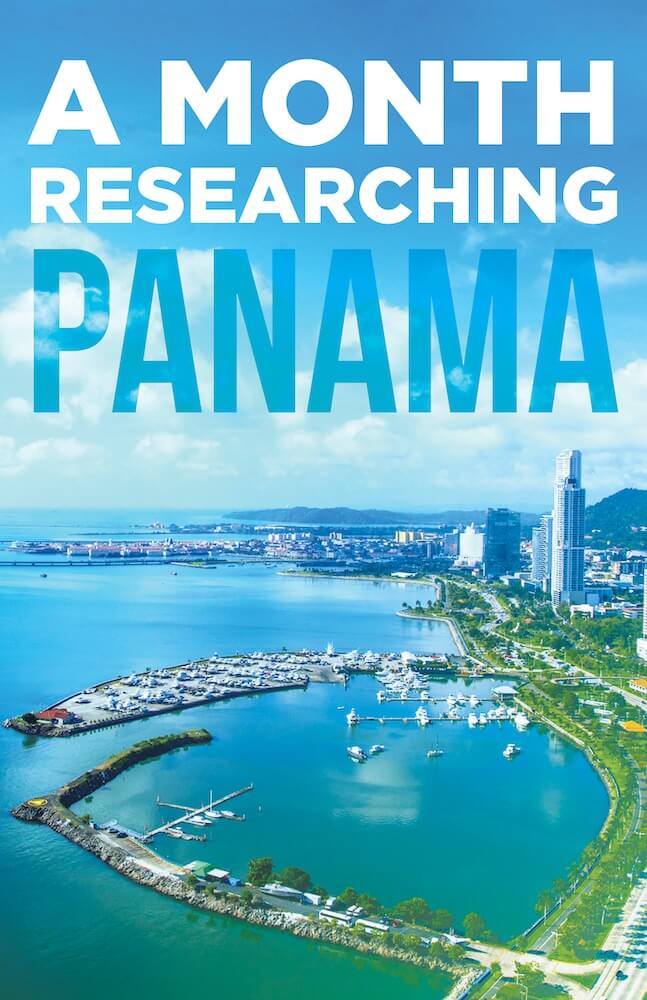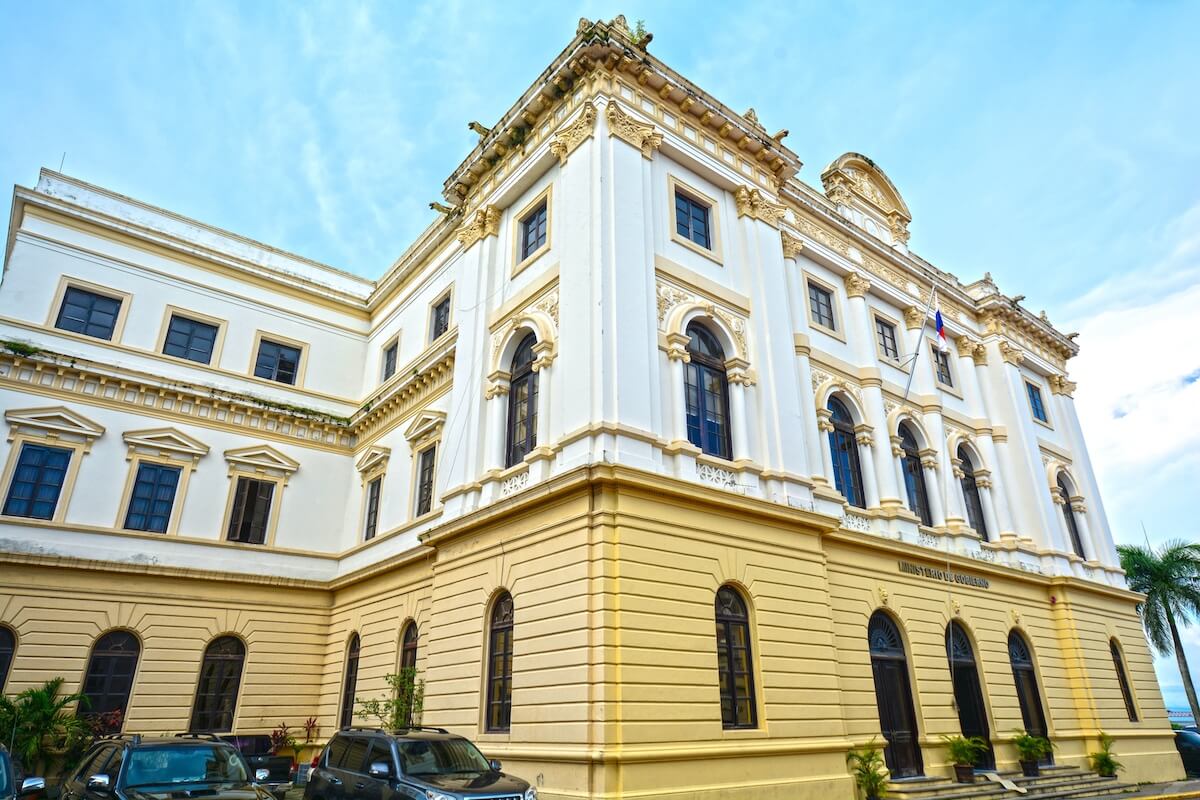
Panama Government and Politics in 2020
What type of government does Panama have? If you’re considering investing in or moving to another country, it’s important to gain a basic understanding of its government and overall political processes– particularly as it relates to stability and your rights as a foreigner.
There are plenty of beautiful, inexpensive places to live that struggle under the weight of an unstable or oppressive government. Thankfully, Panama is not one of them. As you’ll learn in this guide, Panama has a stable and well-organized government that is not unlike other modern democratic nations.
Democratic Republic with Multi-Party System
Panama is formally known as a presidential representative democratic republic with a multi-party system. Similar to the US, the government is divided into three branches– executive, legislature, and judicial. This helps ensure that no one person or party can gain too much power over Panama or its politics.
Executive power is held by the president, who is elected for a five-year term based on popular vote. That five-year term is non-renewable. The president is assisted by a vice president, who is also elected by popular vote for a non-renewable five-year term.
Legislative power is held by a unicameral National Assembly, consisting of 71 members elected by popular vote. Assembly positions are also five-year terms, but they are eligible for reelection. The National Assembly “initiates legislation, rules on international treaties, approves the budget, and establishes political divisions.”
Judicial Power is held by a Supreme Court, which has separate divisions for civil, penal, and administrative cases. The Supreme Court consists of nine members which are appointed for 10-year terms by the president and with the approval of the National Assembly.
Political Parties in Panama
Panama has a multi-party system consisting of three major political parties:
- Democratic Revolutionary Party (Partido Revolucionario Democrátic, or PRD)
- Democratic Change (Cambio Democrático, or CD)
- Panameñista Party (PP)
Generally speaking, the PRD maintains the values of a social democracy, the CD of liberal conservatism, and the PP of national conservatism.
- Social democracy is a government system that has similar values to socialism, but within a capitalist framework. The ideology, named from democracy where people have a say in government actions, supports a competitive economy with money while also helping people whose jobs don’t pay a lot.
- Liberal conservatism is a political ideology combining conservative policies with liberal stances, especially on economic, social and ethical issues, representing a brand of political conservatism strongly influenced by liberalism.
- National conservatism is a variant of conservatism common in Europe and Asia that concentrates on upholding national and cultural identity, while mixing conservative elements with purely nationalist ones.
Because of Panama’s representative system of government, no one party has the chance of gaining too much power. They must all work together to form coalition governments, in which political parties cooperate to reduce the dominance of any one party.
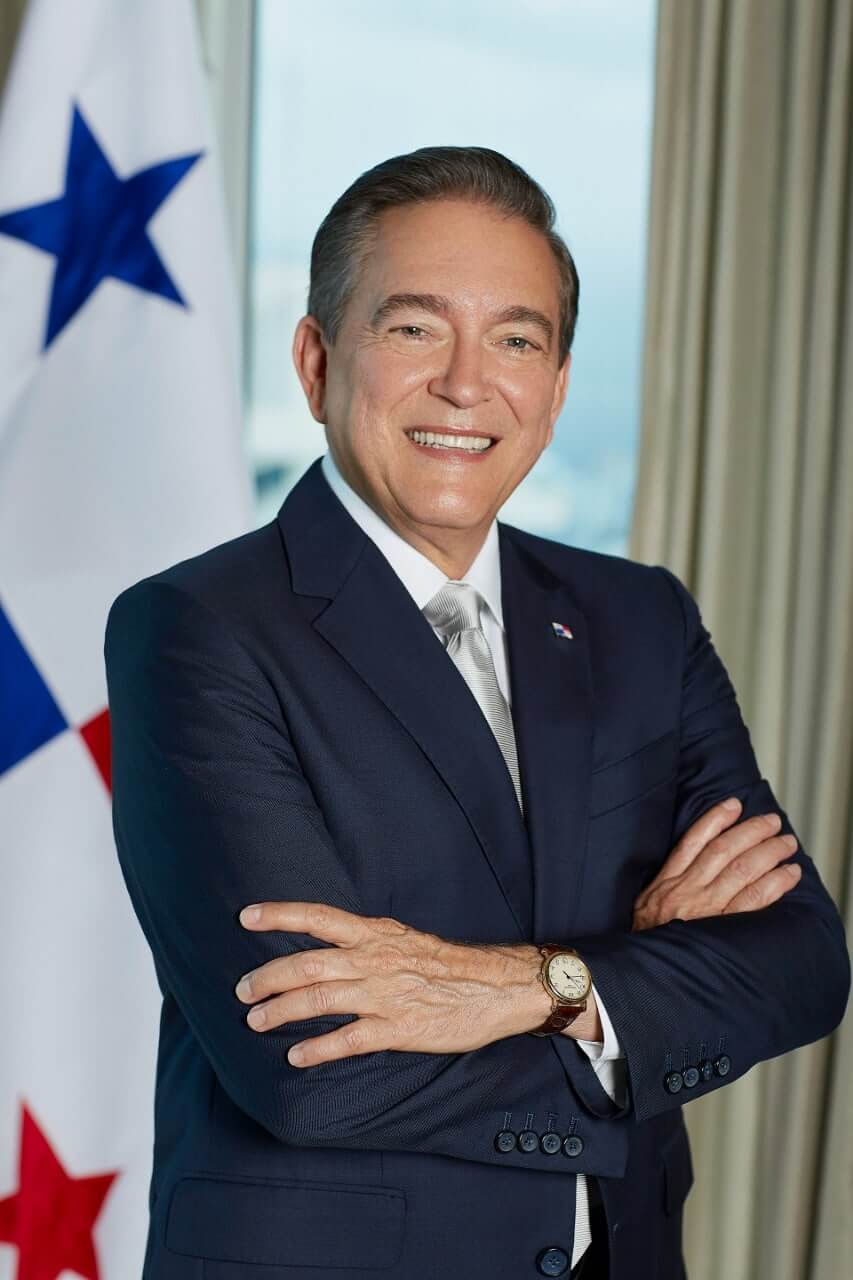
The Current President of Panama
The current president of Panama is Laurentino Cortizo, a US-educated political veteran of the Democratic Revolution Party (PRD). Cortizo, largely considered to be a “centrist” within his party, was sworn in the summer of 2019. His election platform focused heavily on reducing Panama’s wealth gap, addressing political corruption, and improving its image after the Panama Papers scandal of 2016, in which 11.5 million documents were leaked pertaining to more than 200,000 offshore entities worldwide.
An unexpected focus for the Cortizo administration in 2020 has been safeguarding Panama from the novel coronavirus. Panama took an early and aggressive response to the pandemic, developing rapid medical response procedures, strictly enforced quarantine, and widely available testing.
Data from the University of Oxford’s Blavatnik School of Business shows that by mid-March Panama had the most stringent policy in the region. Schools and workplaces were closed on March 12 when there were just 14 confirmed cases and a nationwide quarantine began on March 25. Panama was the first in the region to introduce defined outdoor hours for shopping and medical purposes based on ID numbers and to segregate by sex.” –Americas Quarterly
Cortizo’s handling of the pandemic earned him popularity among Panamanians and international respect, particularly as other countries failed or were slow to take adequate preventative measures. Several countries in Latin America followed Panama’s lead by adopting its preventative measures, including Colombia and Peru.
Is Panama’s Government Corrupt?
Panama does struggle with corruption at the political level. In a 2019 Corruption Perceptions Index reported by Transparency International, Panama is rated the 101st least corrupt nation out of 180 countries. In comparison, the US was rated the 23rd least corrupt and Canada the 12th least corrupt.
Corruption was a key issue leading up to the 2019 presidential election. Both President Cortizo and his running mate, Rómulo Roux, ran on a heavily anti-corruption platform. As BBC noted, “Corruption has been at the forefront of the presidential race, spurred by scandals surrounding Odebrecht. The Brazilian construction firm was found guilty of giving illegal payments to 17 Panamanian officials.”
“We come from a lost decade of corruption and improvisation. There will be no untouchables, even if they are ministers, deputies and big businessmen, starting with the president himself.”
– President Laurentino Cortizo, as quoted by Reuters
It’s important to note that corruption in Panama is mostly at a political level and it doesn’t really affect daily life. The most common form of “corruption” experienced by everyday people is paying a cop directly for a speeding ticket– essentially, a bribe of about $15-20. While it’s annoying and there are cops who take advantage, most people prefer this to the hassle and higher expense of going to pay for the actual ticket.
With Panamanian voters growing increasingly aware and tired of political corruption, the pressure is on political leaders to address it. This bodes well for the future of Panama politics, as evidenced by the 2019 “anti-corruption” platform held by both major running candidates.
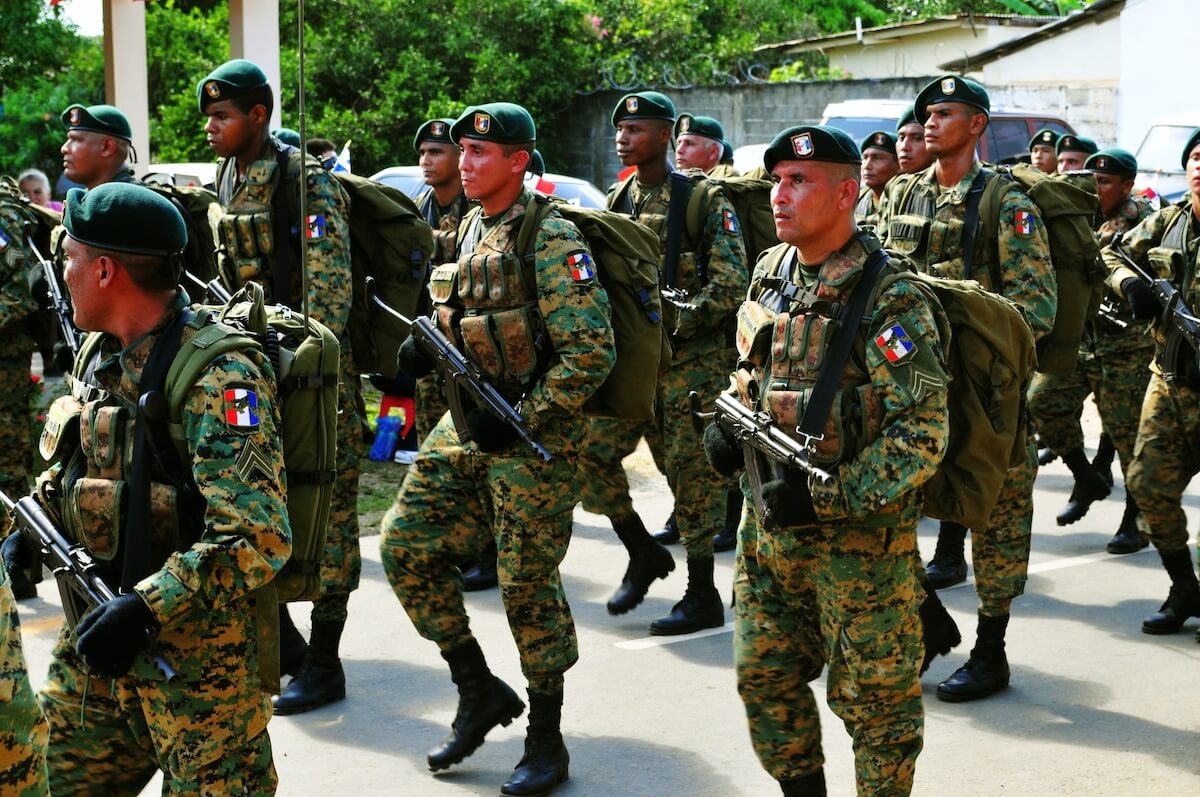
No Military, But a Strong Police Force
You will often hear that Panama has no standing military, and it’s true. Panama is a de facto protectorate of the United States, meaning the US will defend Panama in the event of war. US intervention was more common prior to 1999, for example, in helping oust the Panamanian dictator Manuel Noriega in 1989.
Besides having the military powerhouse of the US behind it, Panama has a militarized police force. As Britannica describes, “Military and police forces in Panama have often been synonymous.” While Panama is an extremely safe country– with a lower crime rate than many US cities– it’s not uncommon to see police officers in militarized gear. Police stations are present in every district, and the country is divided into Zonas Policiales (Police Zones) by major city or province.
National police organizations in Panama include the Public Force (PF) and the Technical Judicial Police, a special investigative unit. The Public Forces include the National Police of Panama, and the National Air Service (SENAN), National Border Service, Institutional Protection Service and National Migration Service. This includes air and naval units to help secure its border with Colombia, which does have a problem with gangs and drug trafficking.
Thankfully, Panama’s privileged geographic positioning and control of the Panama Canal makes it an unlikely target for other countries looking to start trouble. Nobody wants to be on Panama’s bad side as the country has become such a critical trading route and epicenter for international business. It doesn’t hurt knowing that the US would come to its aid in the unlikely event of war.
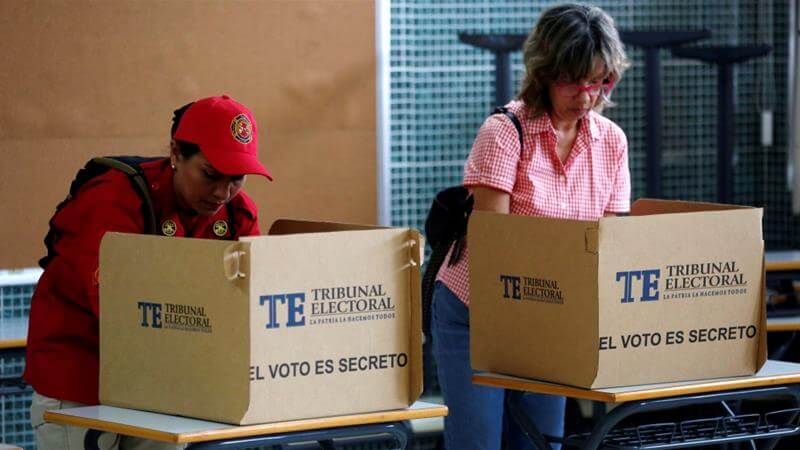
Elections and Voting in Panama
Panama elects leadership at the executive level– president and vice president– and the legislative level– the National Assembly that “initiates legislation, rules on international treaties, approves the budget, and establishes political divisions.”
Panamanians 18 years of age and older are eligible to vote. Universal suffrage– the right to vote for all adult citizens, regardless of wealth, income, gender, social status, race, ethnicity, or any other restrictions– was instituted in 1907. Foreigners, or expats, are not eligible to vote in Panamanian elections.
One nice thing about elections in Panama is that they are time-limited. Unlike the US, Panama limits both the time and the amount of money one can spend on a campaign.
The population of Panama is fairly average in terms of political involvement and voter turnout. In 2019, Panama had 2,757,823 registered voters out of the population of 4,226,197. The 2019 election had a 71.23% average voter turnout. That average has been fairly steady throughout the last two decades. (Election Guide)
In comparison, the US had an average 53.63% voter turnout in the 2016 presidential election, and Canada had a 63.02% average turnout in the 2019 election.
Foreigner Rights in Panama
Foreigners enjoy near-equal rights in Panama and the government has installed several programs with the intention of attracting foreign investors and retirees.
Panama offers several permanent residency programs, from the popular Friendly Nations Visa– a fast-track residency program for citizens from 50 countries deemed “friendly” to Panama– and the Panama Pensionado Visa– available to retirees or anyone with a lifetime pension.
Whether or not you hold a Panama visa, you are able to purchase property and that property is protected by Panama’s progressive property laws. Foreigners have equal protection to citizens when it comes to property investments. This is a major selling point for real estate investment in Panama, as not all countries in the region provide foreigners with equal property or investment rights.
There are a few things foreigners in Panama can’t do. As mentioned, they are not eligible to vote, and there are restrictions on the kind of employment foreigners can hold in Panama.
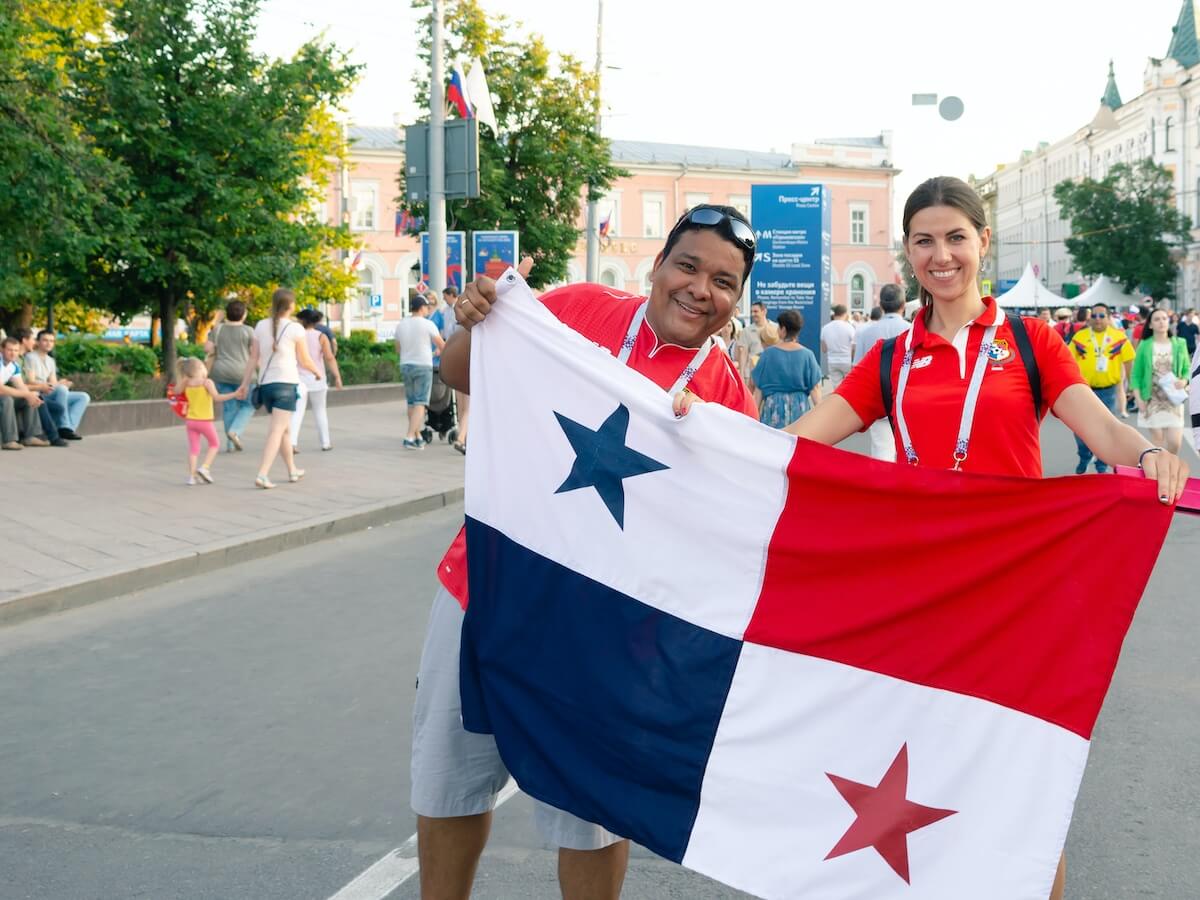
You can find the complete breakdown in the Grand Guide to Employment in Panama in 2020, but generally speaking, foreigners cannot hold professional jobs such as being a doctor, dentist, or accountant. This is to ensure that these high-paying and competitive jobs go to Panamanians.
Foreigners can, however, start their own business, work within companies with a certain foreigner/national employee ratio, or continue to manage their business “from back home” in Panama. Unlike some countries, Panama does not double-tax foreigners on income made while in Panama.
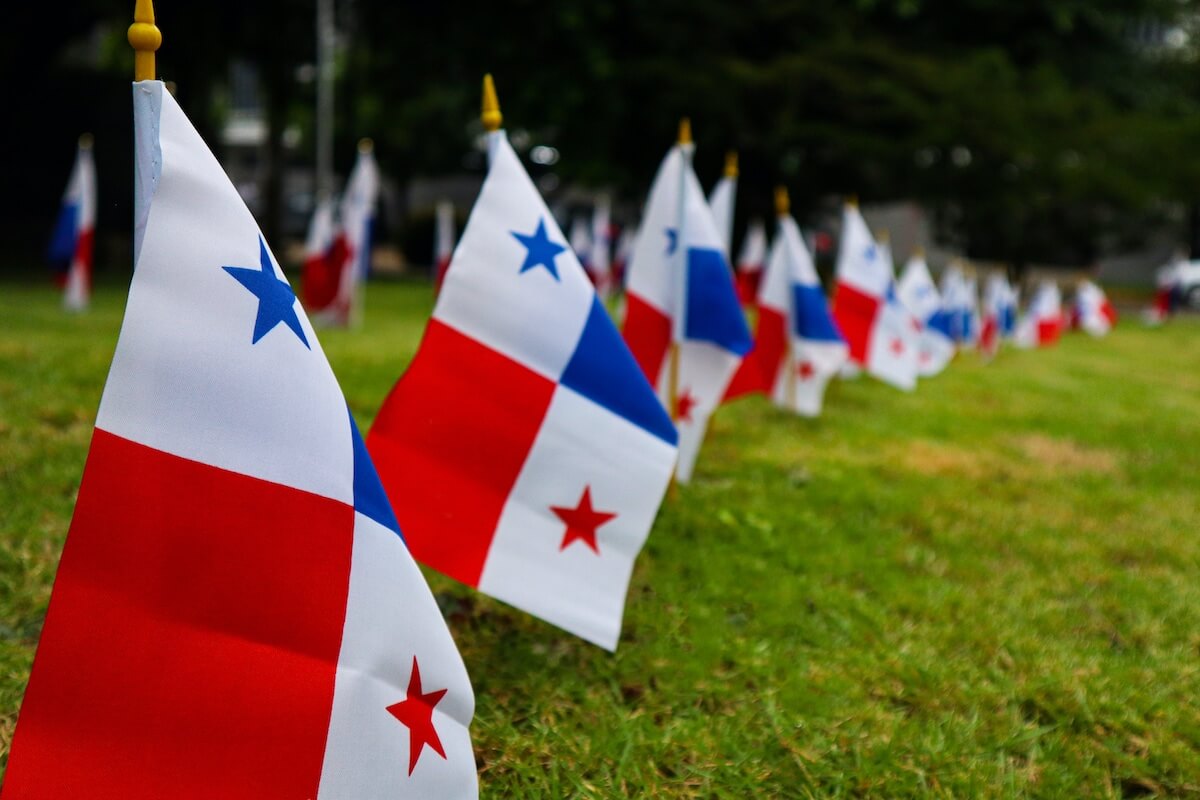
Government in Panama in 2020
While the Panama government is not without its flaws, it is a democratic, representative, and well-organized government that is working to maintain and strengthen Panama’s status as an investment, tourism, and retirement destination. With voters demanding more transparency in the political process, politicians are feeling the pressure to run on increasingly anti-corruption platforms, and follow through with their promises.
The average person in Panama– whether a Panama-born citizen or foriegn investor, visitor, or retiree– is unlikely to be affected by the Panamanian government. It is comforting to know, however, that the political framework is in the place to prevent any one party or person from gaining too much power and maintain a fair, democratic, and representative electoral process.

